CARRABASSETT VALLEY — Dave Cota is one of only about 6,500 people to have completed the 2,650-mile Pacific Crest Trail that runs from the Mexican border to British Columbia. And at 71, Cota also is one of the oldest hikers to do so, according to the Pacific Crest Trail Association.
For a Maine native who has lived an outdoor life skiing, hiking and mountain biking, finishing the long-distance trail that requires six mountain passes over 11,000 feet was a lifelong goal. But because of remote elevation climbs, snow-packed peaks, a tendon strain, and his age – finishing was not a sure thing.
Yet after setting out on March 31, Cota finished on Sept. 12 – just 40 miles from the finish where wildfires in Washington forced an early exit. He is listed by the PCT association as one of 14 percent of thru-hikers to finish the trail.
“I probably waited as late as I could to hike it,” Cota said. “If I had waited any longer, I don’t know if I’d have finished it.”
The Orono native hiked the Appalachian Trail in 1975 immediately after graduating from the University of Maine and before embarking on a career as a public administrator. He always planned to hike the more arduous western long-distance trail, but it would be another 47 years before he did so – after serving as the town manager in Brownville, then Greenville and finally in Carrabassett Valley the past 22 years.
Last year when Cota told the Carrabassett Valley select board he was going to retire and hike the trail at long last, the town’s select board told Cota just take the six months he needed to do the trail – and then continue to lead their four-season outdoor resort town.

Dave Cota, right, and hiking friend, Jim Anderson of Ohio, celebrate in Washington’s Cascade Mountains at Hart’s Pass on Sept. 12, the end of their respective Pacific Crest Trail journeys at mile 2,624 – just shy of the Canadian Border. The two men were not able to traverse the final 30 miles due to the trail being closed as a result of active forest fires. They hiked the final 1,500 miles together.
So last November, Cota entered the PCT lottery to obtain the bundle of camping permits needed that secure campsites through 26 national forests, seven national parks and five state parks. And with the March 31 start date he was given, Cota embarked on the National Scenic Trail that crosses California, Oregon and Washington.
Scott Wilkinson with the PCT association said most people who set out to complete the trail don’t finish due to injuries, financial issues, fear of the deep snow or desert crossings, or a simple loss of resilience.
“So the number of those over the age of 70 who complete the PCT is likely very small,” Wilkinson said in an email.
Most of the PCT’s elevation gain is in California’s Sierra Nevada mountain range. And it was there – after the first 1,000 miles – that Cota considered quitting after feeling battered emotionally, physically and mentally.
In the spring when there are frigid nights and warm days in the mountains, the passes require hiking about two-thirds of the way up in the afternoon and then tackling the summit and backside early in the morning. This allows hikers to walk on top of the snow crust, not sink down into it on the north side where there is more snow.
In a travel blog he reported on Facebook, Cota described these as “slow mileage days.” He later admitted the trail here was breaking him.
“He told me to start looking for plane tickets,” said his wife, Micki, as she listened to him retell the tale.
On June 6 he posted on his Facebook travel blog: “I’m close to 900 miles and almost through the high Sierra. I simply can not express in words the beauty of the approximate 200 miles of the high Sierra section of the PCT … It’s also the most difficult hiking I’ve ever done (especially on this aging body)… It’s frustrating as I’ve been hiking well for an older guy.”

Dave Cota’s campsite – at Porcupine Lake in the Castle Crags Wilderness in Northern California – was typical of his sleeping accommodations most nights during his Pacific Crest Trail trek. Here he enjoyed a better night sleep on a new mattress pad after 1,550 miles.
He got off the trail near Lake Tahoe after 1,000 miles to visit his son, Kyle, hoping his lower ankle injury would heal. Then after some rest and time off, Cota decided his new goal would be to just reach the halfway mark, at 1,300 miles.
By the time he got there, Cota felt stronger, rested, his ankle was better and he had 62-year-old Jim Anderson of Ohio to hike with. His outlook shifted 180 degrees.
“Most people would say, ‘jeepers, creepers, look at you. You’re 71 if you want to be done,’” Cota recalled. “But I got support from home, from friends. Then I got to Mile 1,300 and said to myself: ‘You can (expletive) do this. I can (expletive) do this.’ That’s when I made a commitment to myself.”
Cota decided from there on he would only plan three to five days out – no more. And over the next 1,600 miles through Oregon and into Washington, Cota said he never once wavered in his resolve.
“You could tell from his posts he just became something of a dynamo. You could just read it in the words and the look on his face. He’s going to make this thing,” said outdoor writer Carey Kish, who writes a hiking column for the Maine Sunday Telegram, has published several hiking guides and completed the PCT in 2021 after snow in the high mountains drove him off the trail in 2019.
Kish said even under the best circumstances on the PCT with no injuries and no challenging weather – some never finish. The fortitude and stamina required just isn’t there.
“On the PCT there were all kinds of ailments that drove people off the trail, never mind the sheer size of the adventure,” said Kish, 63. “Not everyone is cut out to keep going. People get bored, they get tired of the food. This whole long-distance hiking thing, it’s fringe living. That’s why the success rate is pretty low.”
Tom Jamrog of Lincolnville, another Mainer who completed the PCT, said hiking long-distance trails is dangerous at any age – let alone for those in their sixties and seventies.
“You can die on the PCT, and people do,” said Jamrog, who completed the PCT at age 60 and the Continental Divide Trail at age 63. “There are the river crosses. When the snow melts the rivers are running high. I still fear the sound of rushing water when I’m hiking. It’s almost PTSD.”

This view of Washington State’s Cascade Mountains was taken by Dave Cota during his six-month hike of the Pacific Crest Trail. Cota photographed the mountain scene on Aug. 29 near the 2,430-mile mark.
At every turn, Cota was surrounded by younger hikers who dubbed him “Chowdah” because of his Maine accent. It became his PCT nickname, and he was embraced in the PCT community. Like them, his pack weighed about 50 pounds, full of a water filtration system, tent, sleeping pad, clothes and food.
He carried instant oatmeal and granola, chunks of cheese and salami and English muffins, as well as loads of peanut butter. His go-to snack was the retro favorite on the trail: the classic Snickers bars.
He lost 15 pounds despite consuming as many calories as he could.
“I hate to keep saying the age thing. But when you’re with a lot of young people and they’re doing 30 miles a day and you’re doing 20 – but you can’t think about that at the end,” Cota said. “You can’t think about Canada, or you’ll never get there.”
In the end, one of the hardest things Cota found on the trail was having to say goodbye to people he met from around the world who embraced the outdoors as he did. They were from the Netherlands, Thailand, across Europe and the United States.
“You meet some amazing people. But you know 99% of the time that it’s fleeting,” Cota said. “You know you’ll never see them again. There were incredible people from all over the world.”
Send questions/comments to the editors.



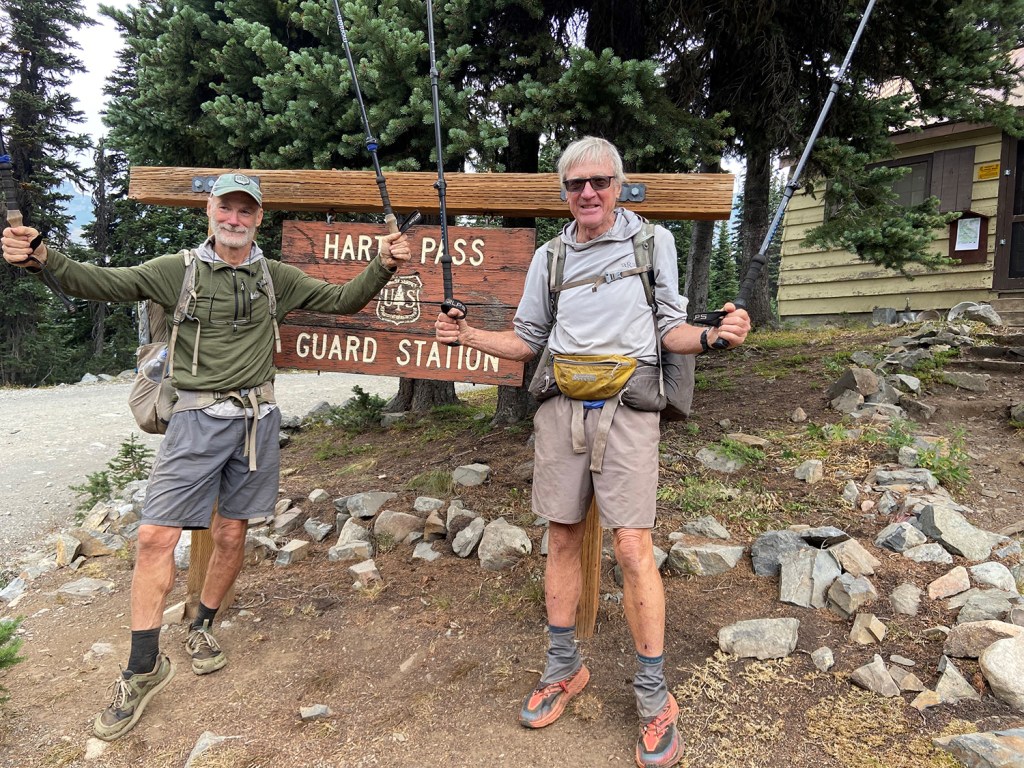
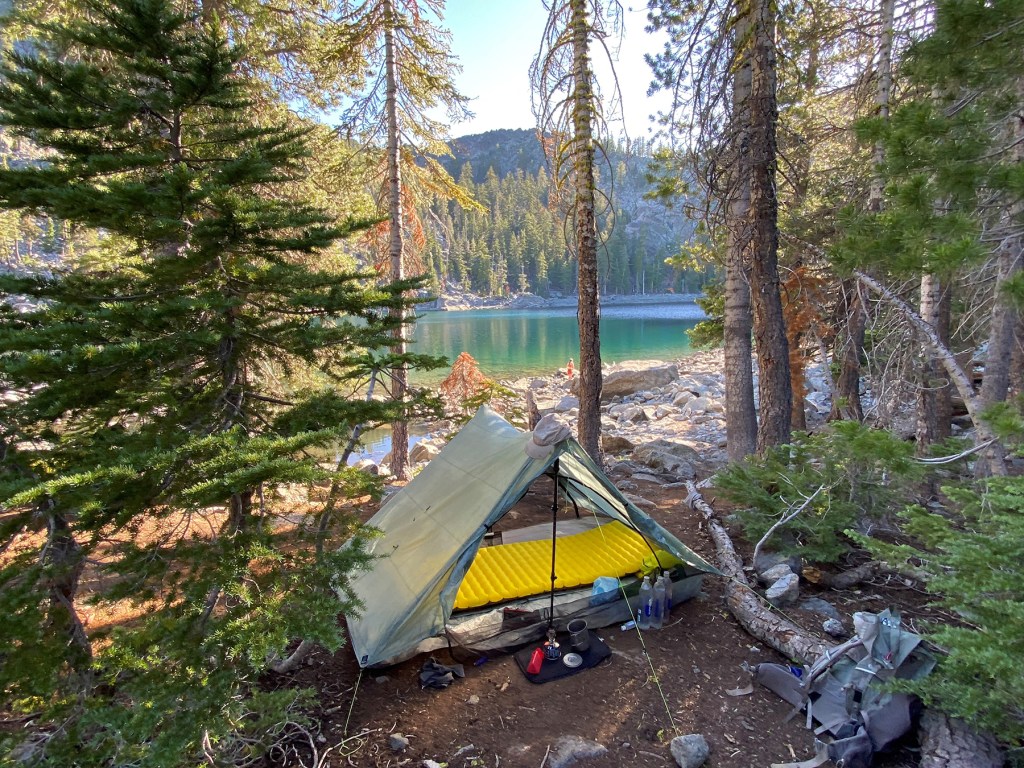

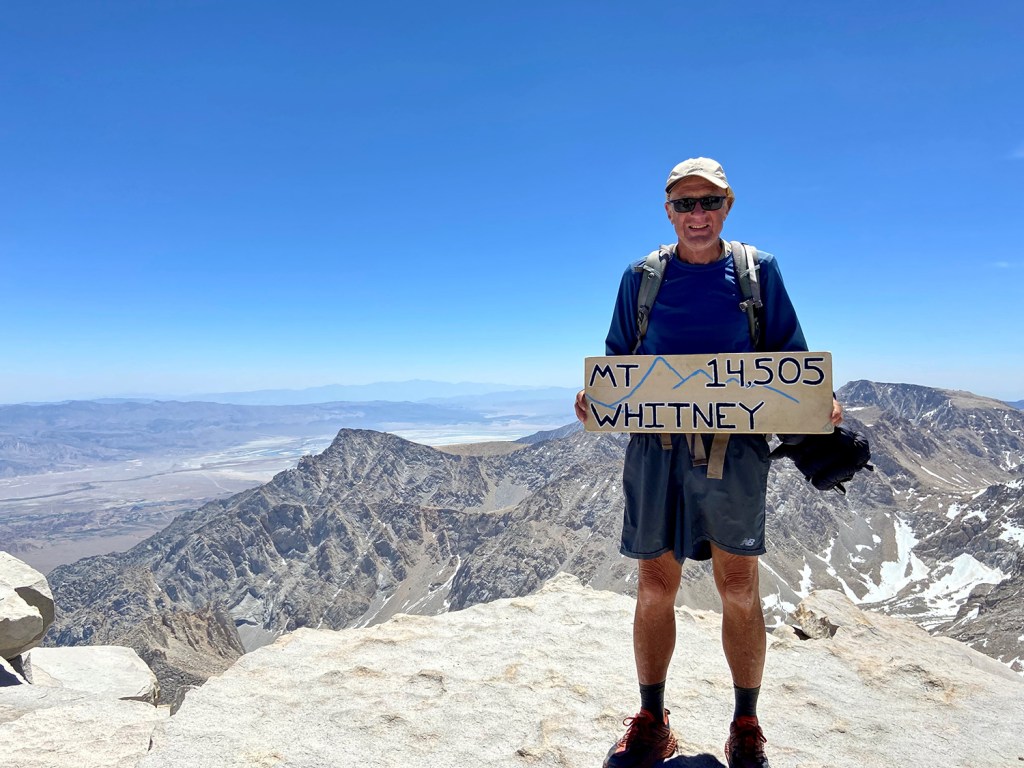
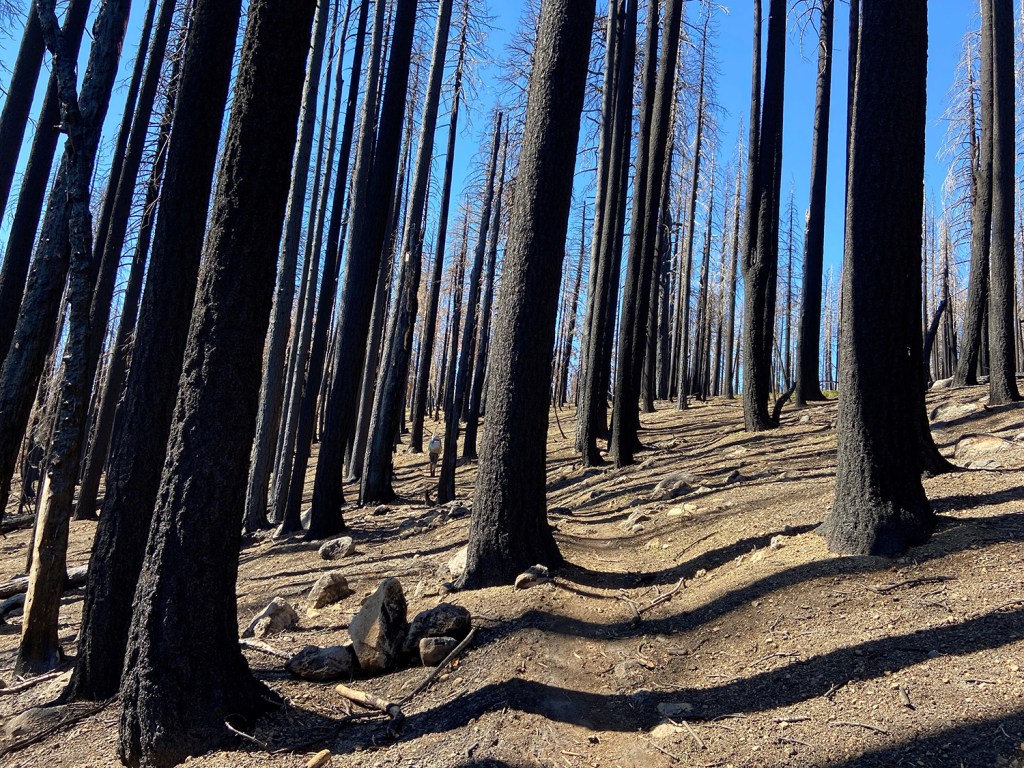
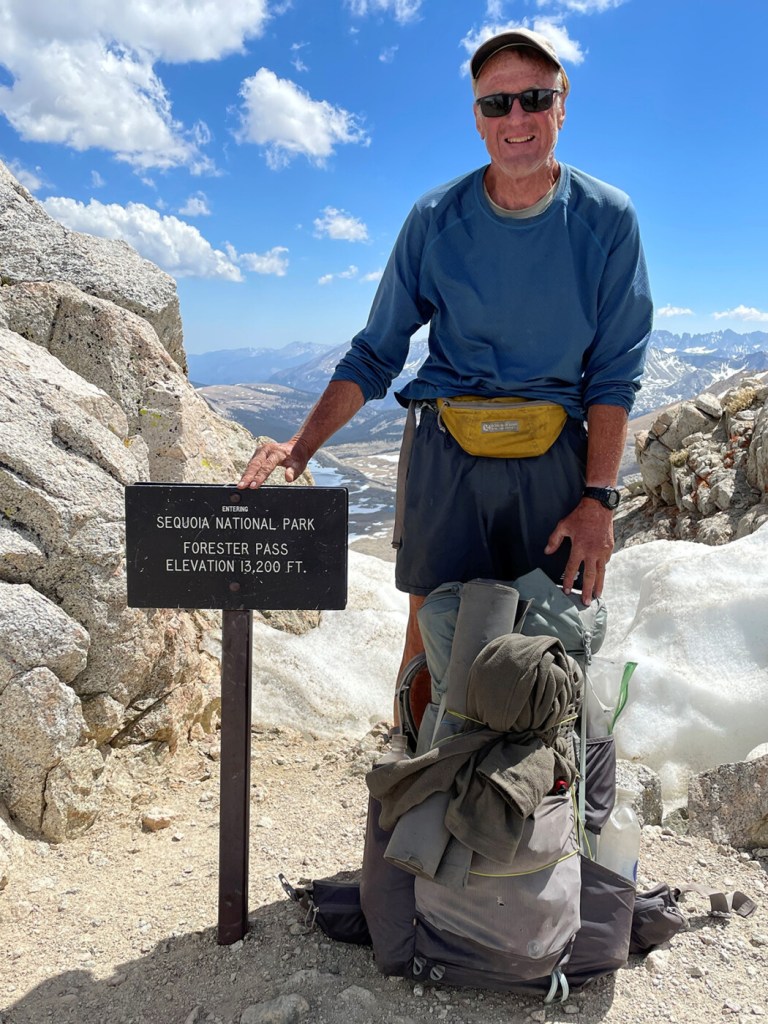
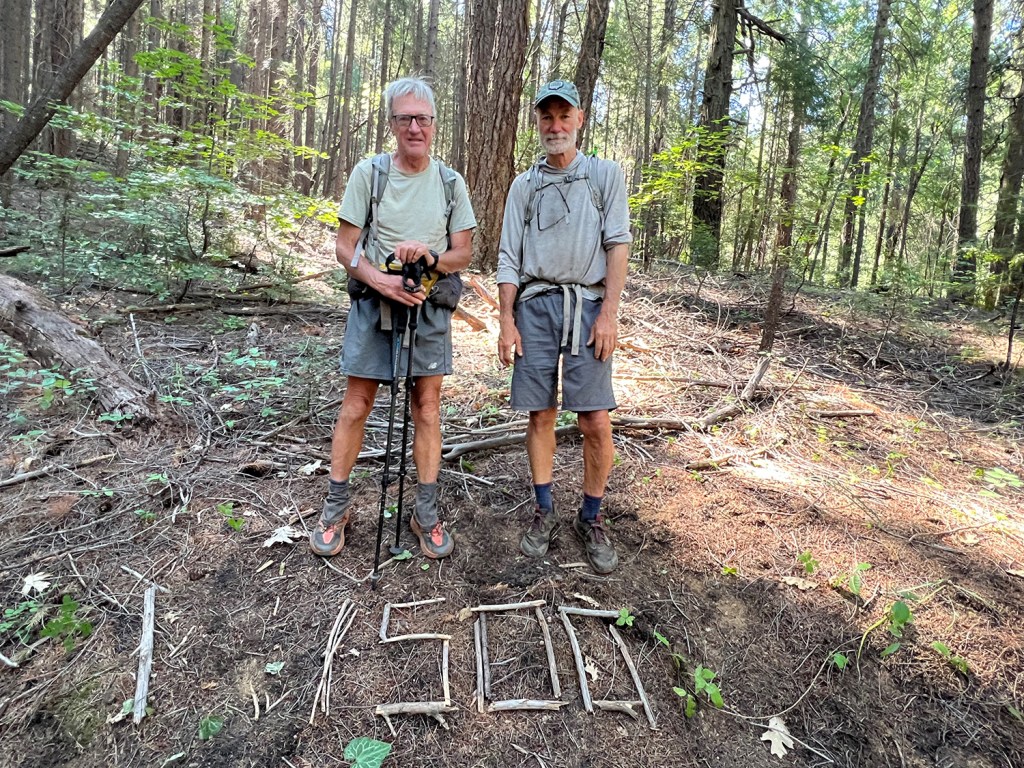



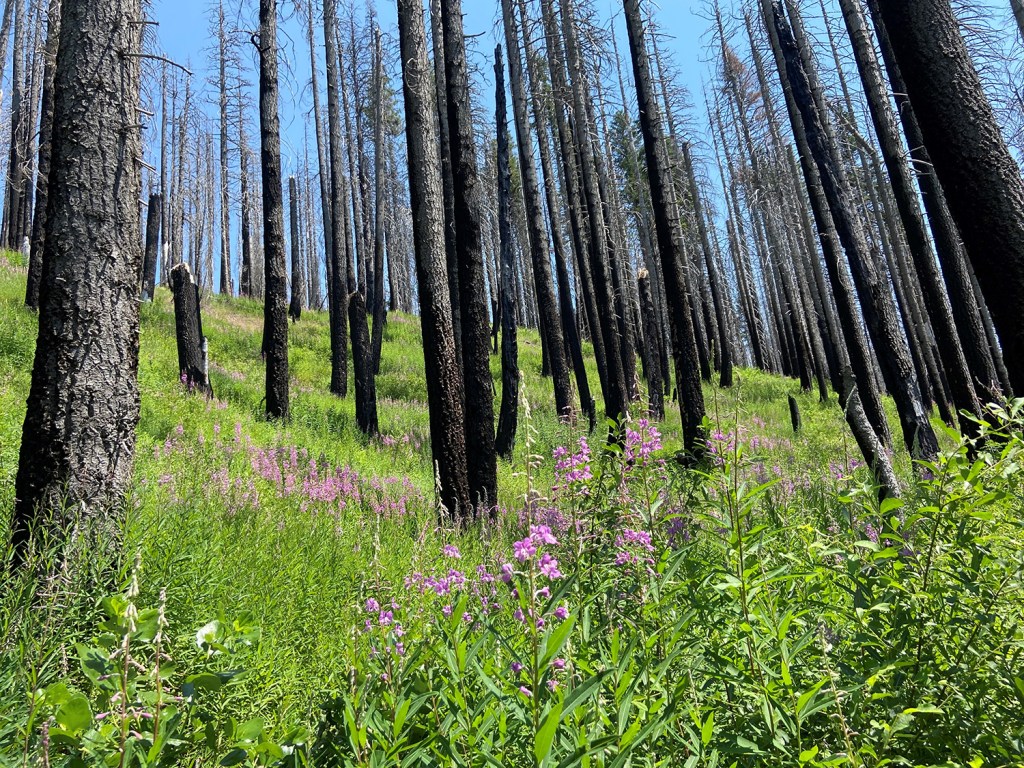

Comments are no longer available on this story